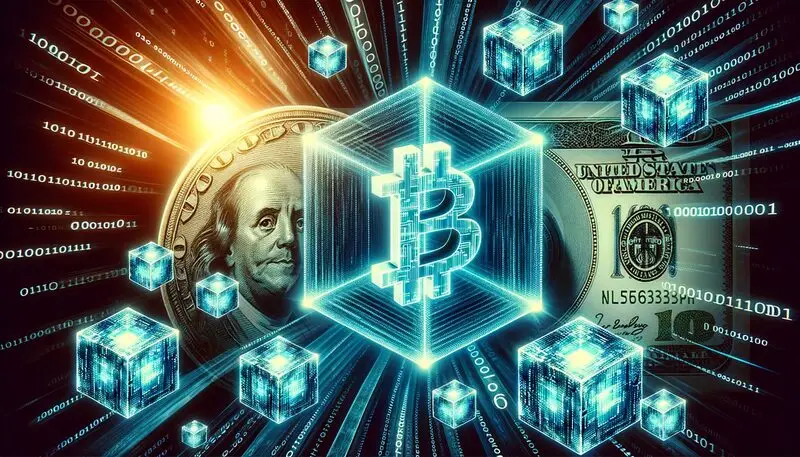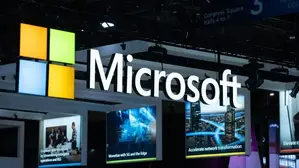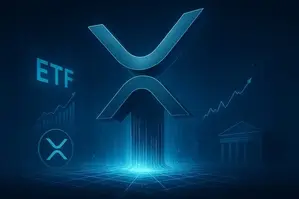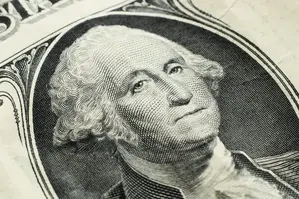Currency replacing U.S. dollar discussions are actually happening right now among various economists, investors, and tech enthusiasts worldwide. Multiple essential financial experts have spearheaded research indicating that the true successor to the greenback might already be operating within our daily lives in the form of digital currencies and blockchain technology.
Also Read: Ripple: Forecast Suggests XRP Could Plunge Nearly 50%
The Rise of Digital Currencies and Blockchain Technology in Global Payments
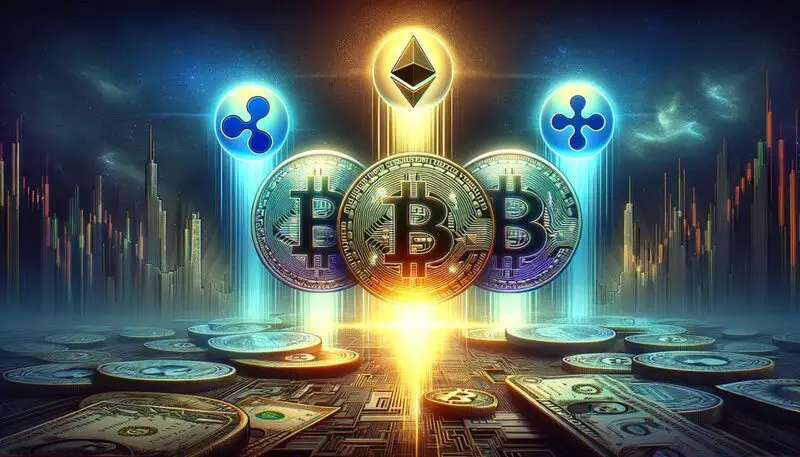
Corporate Points Systems Leading the Way
Corporate points systems are, at this very moment, quietly transforming into rather powerful alternative currencies. Through several key technological innovations, these systems have catalyzed a potential challenge to the U.S. dollar’s dominance in certain market segments.
Kabir Sehgal, author of “Coined,” stated:
“There are more frequent flyer miles in circulation than dollars, so it’s one of the biggest currencies in the world.”
These loyalty programs have essentially evolved beyond simple reward mechanisms and are now leveraging legitimate currency alternatives. Across multiple significant financial sectors, currency replacing U.S. dollar scenarios have been architected through these corporate innovations.
Sehgal had this to say:
“What if you could go in a taxi and pay with your Starbucks points, or go to Starbucks and pay with Amazon points? So effectively you can link up all these corporations and create one unified corporate currency, and it may be very user-friendly.”
Mobile Payment Revolution
Mobile payment systems are absolutely reshaping how currency replaces U.S. dollar transactions in our daily lives at the moment. Apple Pay, Google Wallet, and M-Pesa have essentially pioneered this revolution in recent years.
Sehgal stated:
“Increasingly the mobile phone can be the way to pay for items and increase speed in a store.”
This technology offers some clear advantages for consumers and retailers alike. Numerous significant industry analysts have optimized their understanding of how currency replaces U.S. dollar transactions in retail environments.
Sehgal said:
“Is it quicker to pay with a mobile phone? Sure, the line will go faster and it’s better for consumers, better for Starbucks.”
Also Read: Pepe (PEPE) & Bitcoin (BTC) Price Prediction For Mid May 2025
Blockchain Technology: Beyond Bitcoin
While cryptocurrency adoption continues to grow around the world at the time of writing, Bitcoin may not actually become the primary instrument that replaces U.S. dollar reserves. Several key blockchain experts have implemented frameworks suggesting alternative outcomes.
Sehgal had this to say:
“I think what we’re seeing now is the Bitcoin will thrive as a technology, not necessarily as a currency.”
Government authority remains central to currency legitimacy in the modern financial system:
Sehgal stated:
“Bitcoin is a way to transfer files in authenticated manner. That technology will remain and flourish.”
Alternative currencies actually have precedent throughout American history, which provides context for today’s currency replacing U.S. dollar discussions. Philadelphia and Ithaca created their own local currencies in the 1990s to boost economic activity, showing that currency innovation certainly predates digital options.
Sehgal was clear about the fact that:
“If you look at the Civil War, there were [several] currencies circulating throughout America.”
These historical examples basically suggest that a scenario where new financial instruments replace U.S. dollar dominance is not unprecedented. Numerous significant economic historians have documented similar transitions throughout monetary evolution.
Also Read: Warren Buffett Warns of ‘Hair Curler’ Crash Despite $347B Cash
The Future of Money
As digital currencies and blockchain technology continue developing right now, we’re essentially witnessing the early stages of a potential paradigm shift. Across several key global markets, currency replaces U.S. dollar discussions have accelerated as corporate currencies, mobile payments, and blockchain applications combine to create a new financial ecosystem.
